AeroGenie — Your Intelligent Copilot.
Trending
Categories
Ongoing Engine Issues Continue to Affect Boeing 737 MAX Performance
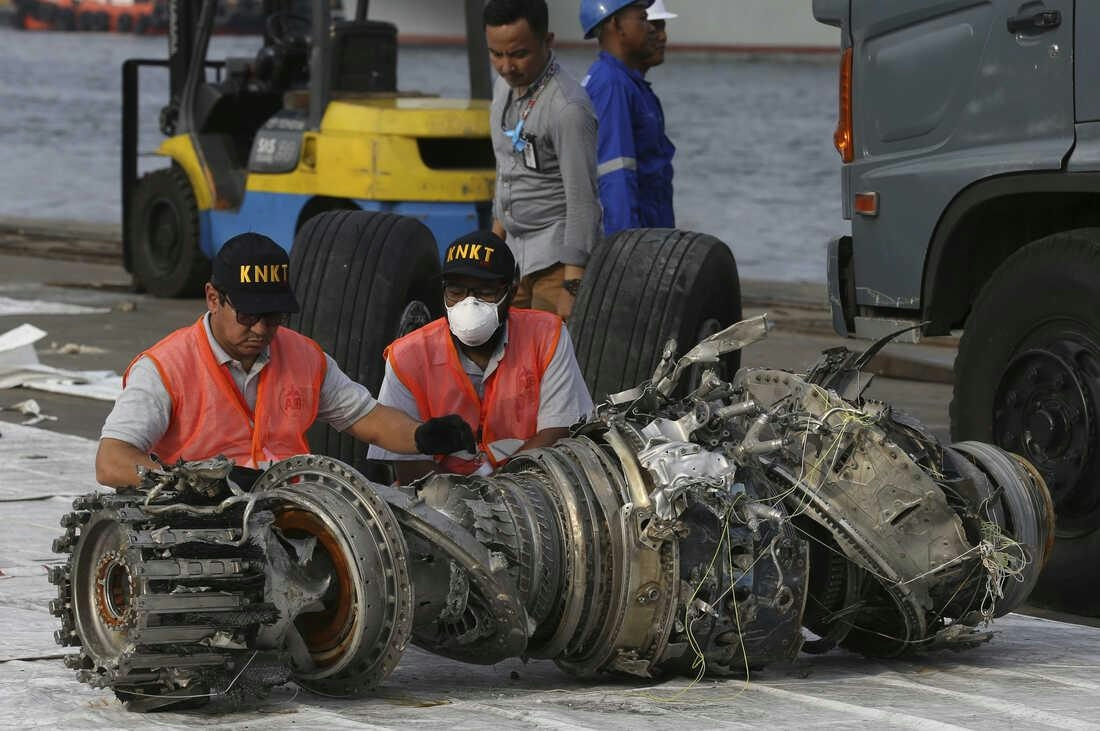
Ongoing Engine Issues Continue to Affect Boeing 737 MAX Performance
Technical Challenges Surrounding the CFM LEAP-1B Engines
The Boeing 737 MAX, the latest iteration of the company’s best-selling airliner series, continues to grapple with technical difficulties that are undermining its operational performance and reputation. Central to these challenges are the CFM LEAP-1B engines, which power the aircraft. Investigations have revealed a specific vulnerability linked to the engine’s load-reduction mechanism, a system intended to protect the airframe during bird strikes by reducing engine loads.
However, this protective mechanism has been found to inadvertently disrupt an oil line when activated, causing hot oil to leak onto metal surfaces. The resulting smoke can then be drawn into the aircraft’s ventilation system, potentially entering the cockpit or cabin and posing a significant safety hazard to both passengers and crew.
Industry and Regulatory Responses
In response to these findings, Boeing has expressed alignment with the National Transportation Safety Board’s (NTSB) recommendations, confirming that work is underway in close collaboration with airframers to enhance the system’s reliability. The NTSB has verified that Boeing has updated flight manuals to guide pilots on preventing smoke ingress following such incidents. Additionally, the NTSB issued a safety bulletin urging the Federal Aviation Administration (FAA) to mandate immediate software updates to address the issue.
Boeing and CFM International, the engine manufacturer, are actively revising flight procedures and developing a software solution designed to prevent the load-reduction device from triggering oil leaks. These efforts come amid intensified scrutiny of the 737 MAX program, which has been beset by ongoing production challenges and regulatory delays.
Broader Implications for Boeing and the Aviation Industry
The FAA has imposed a monthly production cap of 38 aircraft as inspectors maintain vigilant oversight of safety concerns. Recent incidents, including two Southwest Airlines flights affected by bird strikes that resulted in smoke entering the cockpit and cabin, have heightened regulatory attention. Additional worries have surfaced regarding the engine’s anti-ice system, which operates at temperatures that may compromise engine integrity.
These persistent technical and safety issues carry wider ramifications for Boeing. Heightened regulatory scrutiny threatens to prolong certification timelines and increase costs. Market reactions have mirrored these difficulties, with investor confidence wavering and Boeing’s stock price experiencing downward pressure. Airlines and lessors are also reassessing their fleet strategies; for instance, Swiss Airlines is reportedly considering the Airbus A220 as an alternative.
Compounding these challenges, Boeing continues to finalize redesigns for the 737 MAX 7 and 10 engine anti-ice systems, a process that could further delay performance enhancements and certification. As Boeing endeavors to resolve these issues, the 737 MAX program remains under close observation from regulators, customers, and the broader aviation sector.
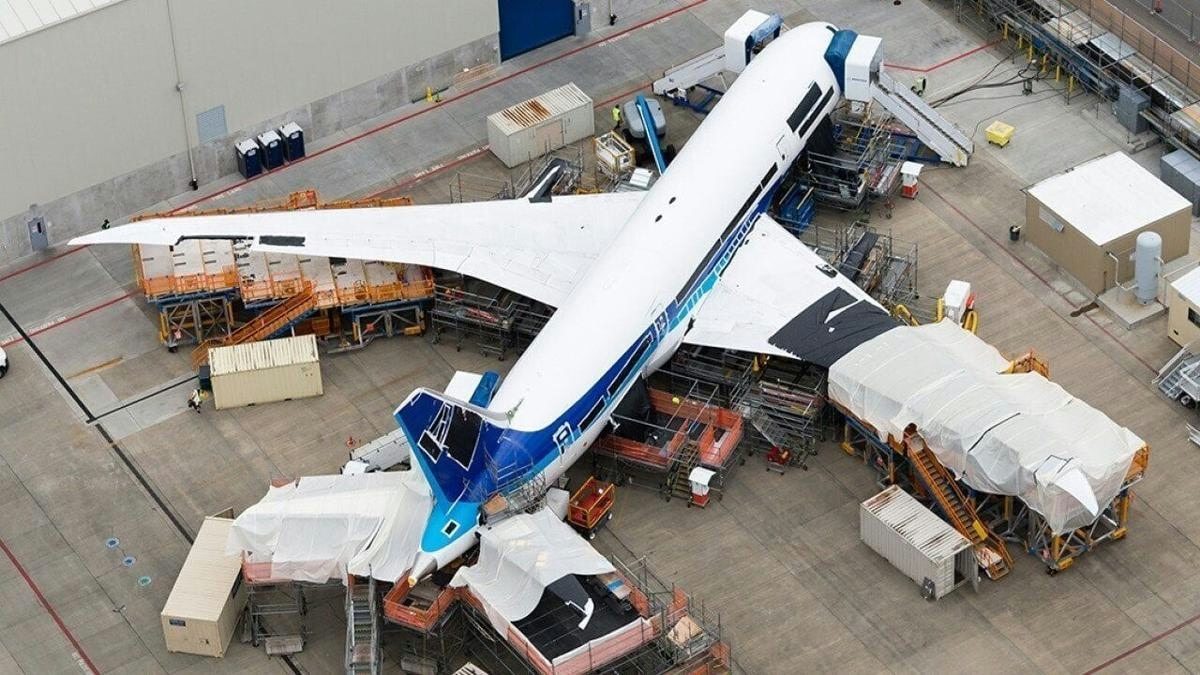
The Impact of Aviation Leasing on Modern Lifestyles
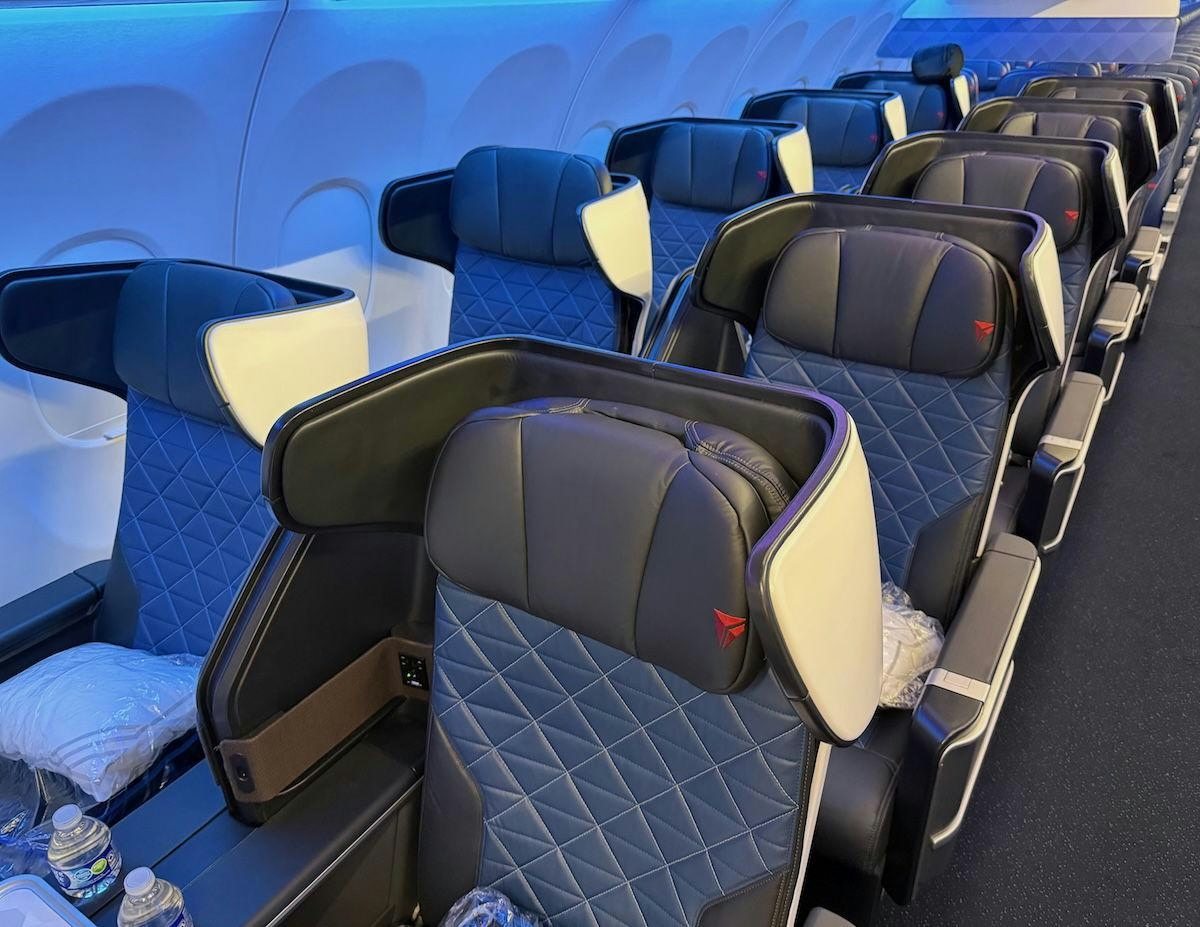
Differences in Delta Air Lines’ Premium Cabin Across Widebody Aircraft
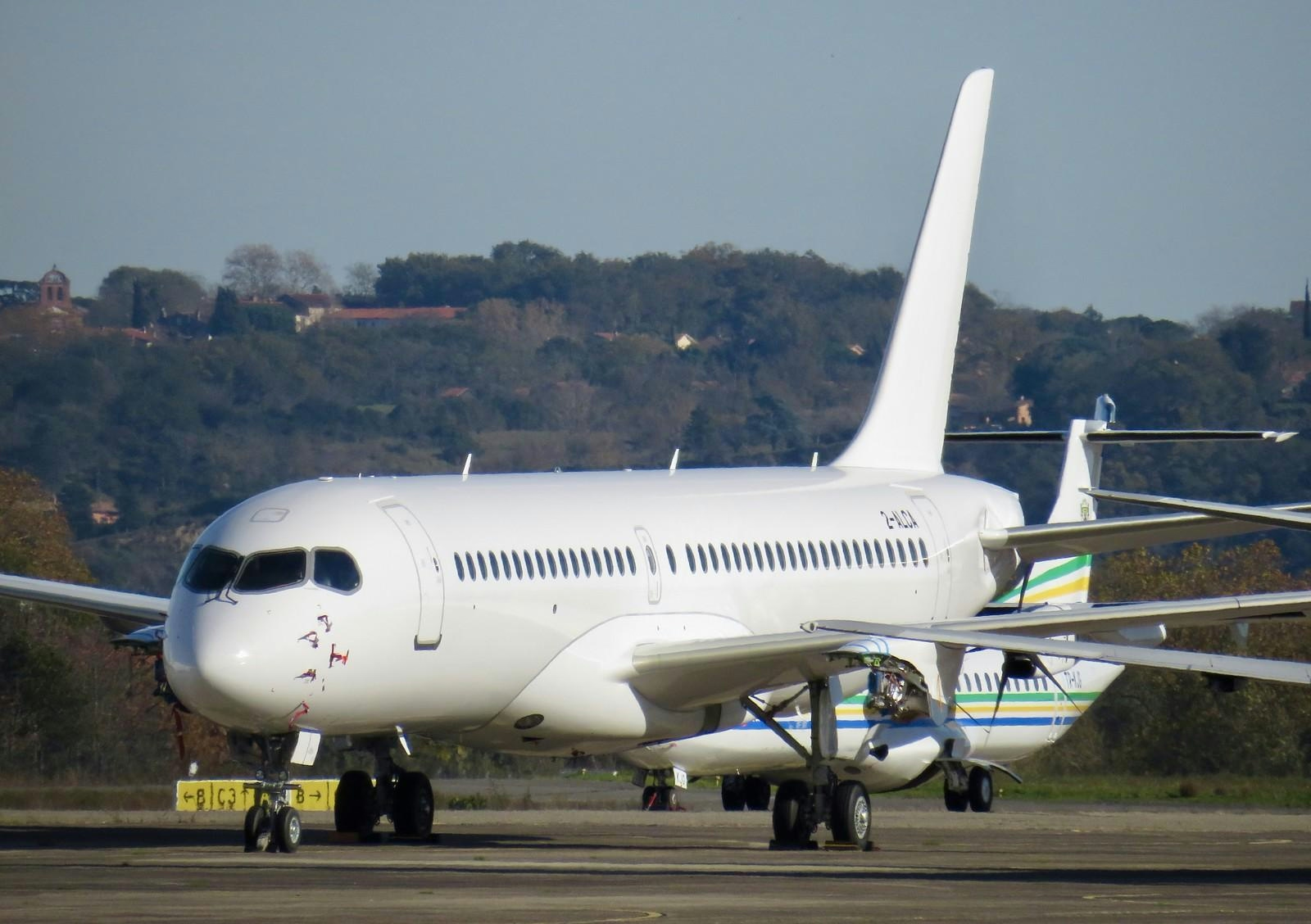
Tajik Air to Lease Two Airbus Aircraft

APEX TECH 2026: Engineering the Next Phase of Connected Travel

Turnaround Time Consistency to Shape MRO Competitiveness in 2026
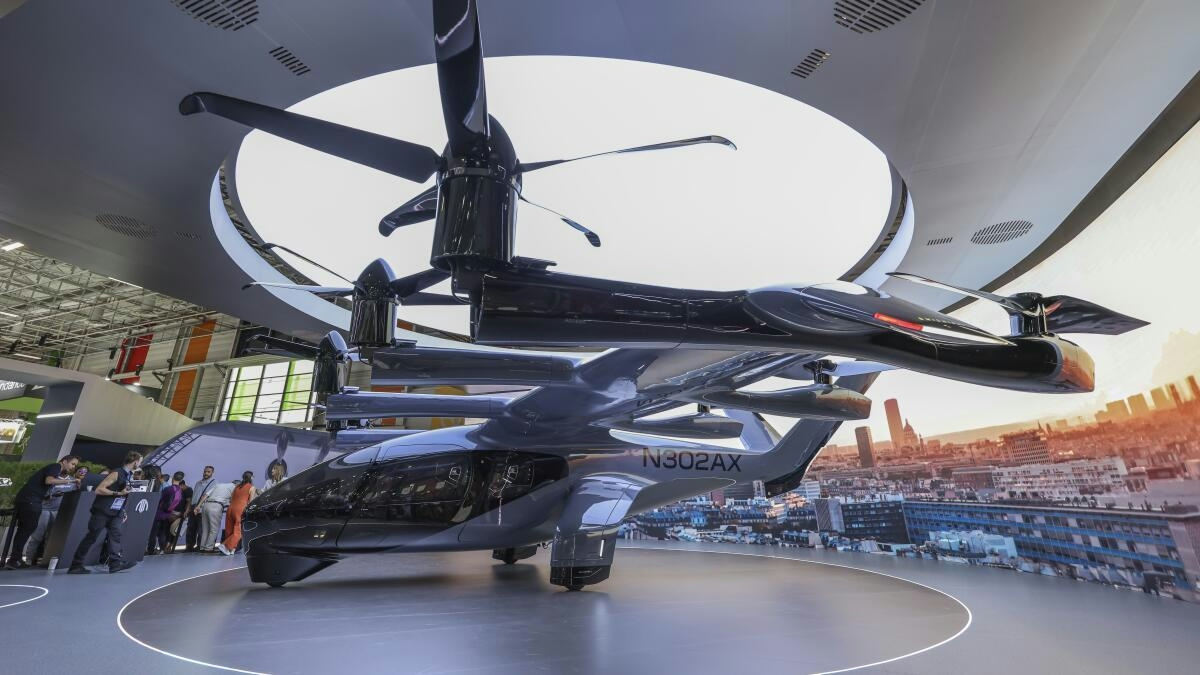
Electric air taxis: Paris’ future in the skies and what it means for luxury travel
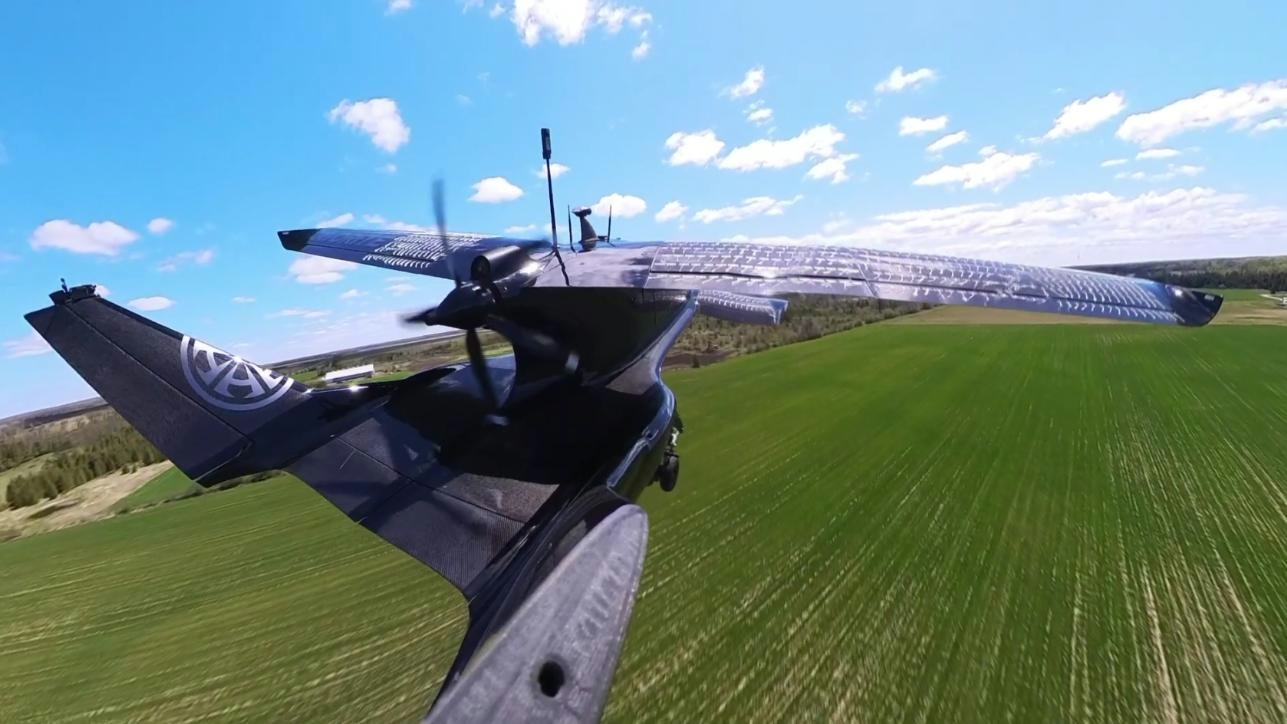
Cavorite X7 Hybrid-Electric eVTOL Introduces Split-Wing Design to Enhance Takeoff and Speed
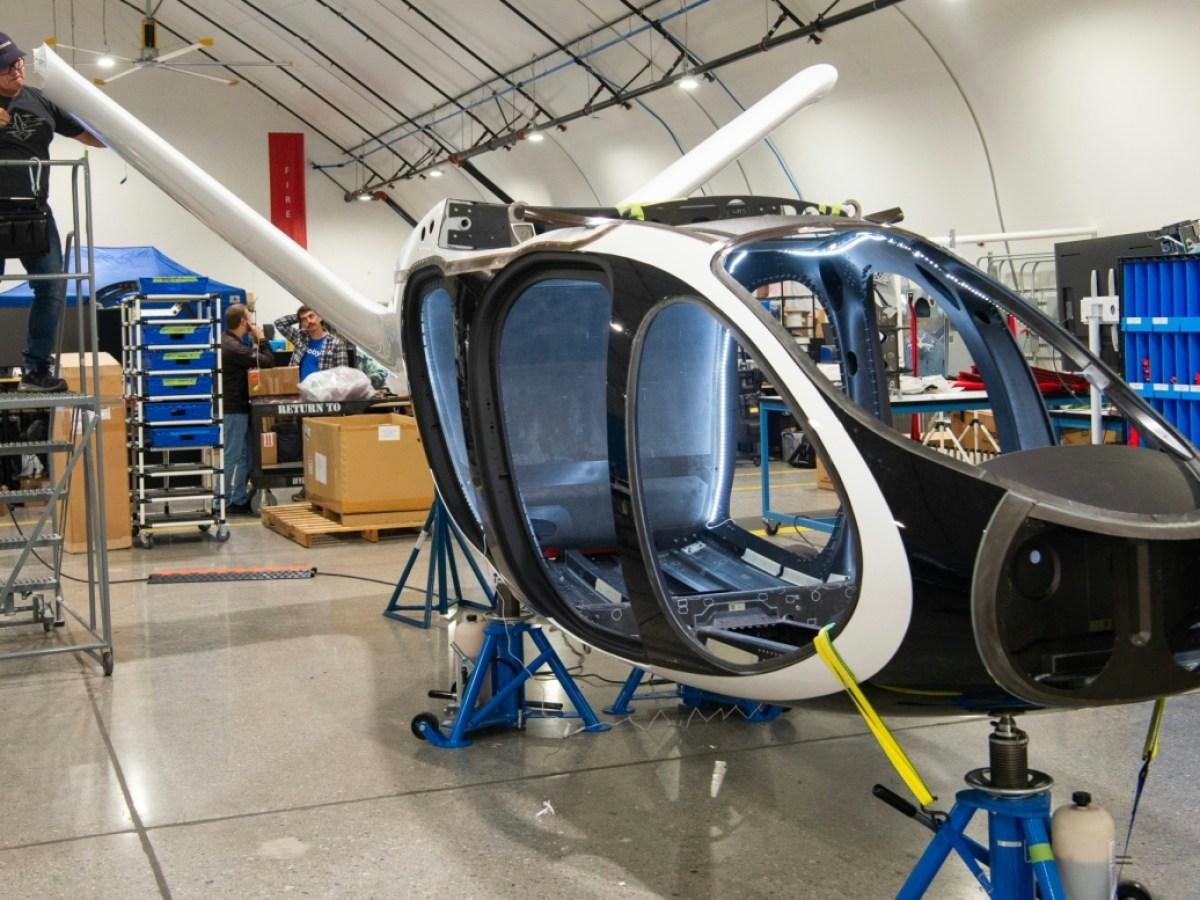
Joby Aviation's Commitment to Safety in Electric Air Taxis
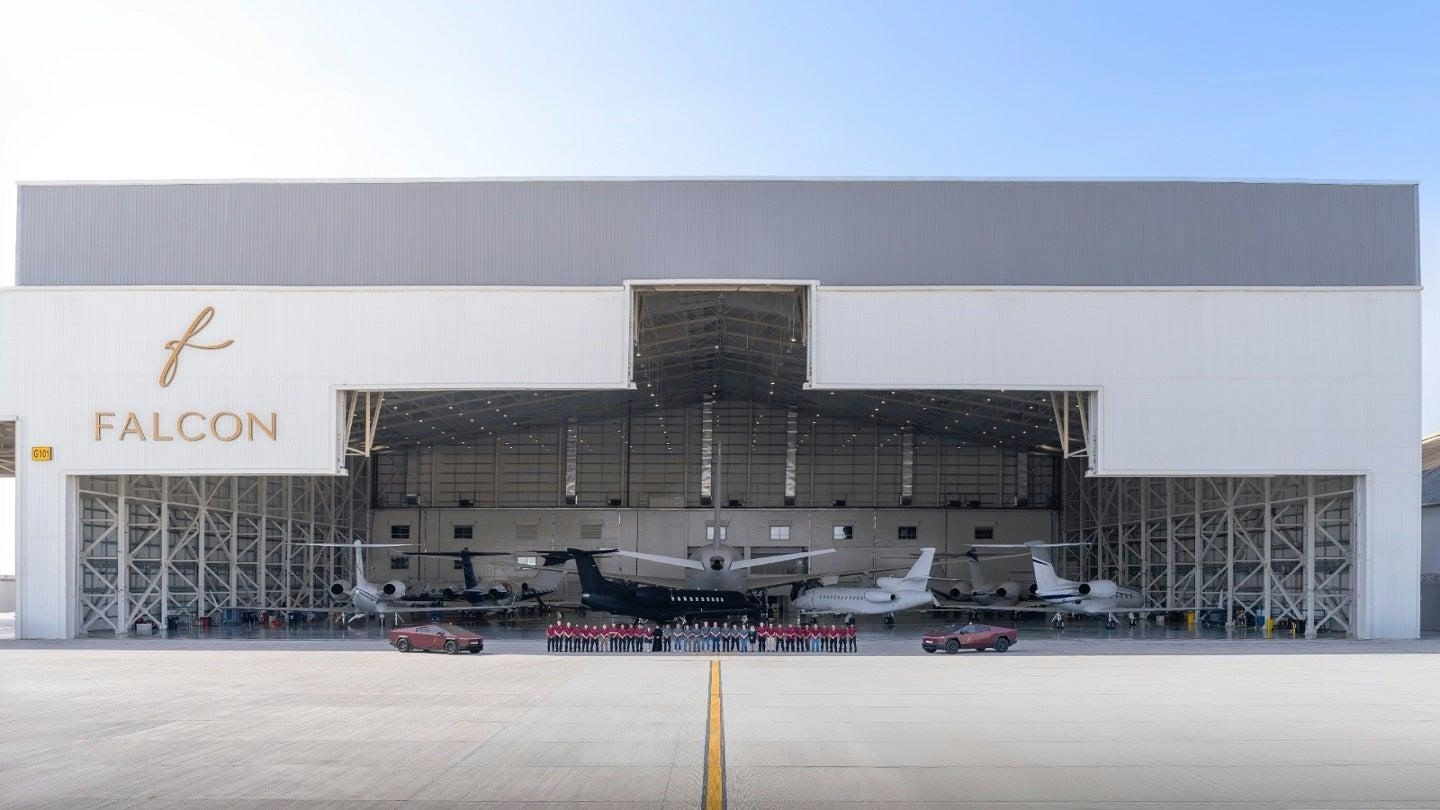
Morocco Advances Aviation Sector with Euroairlines Investment in Infrastructure and AI
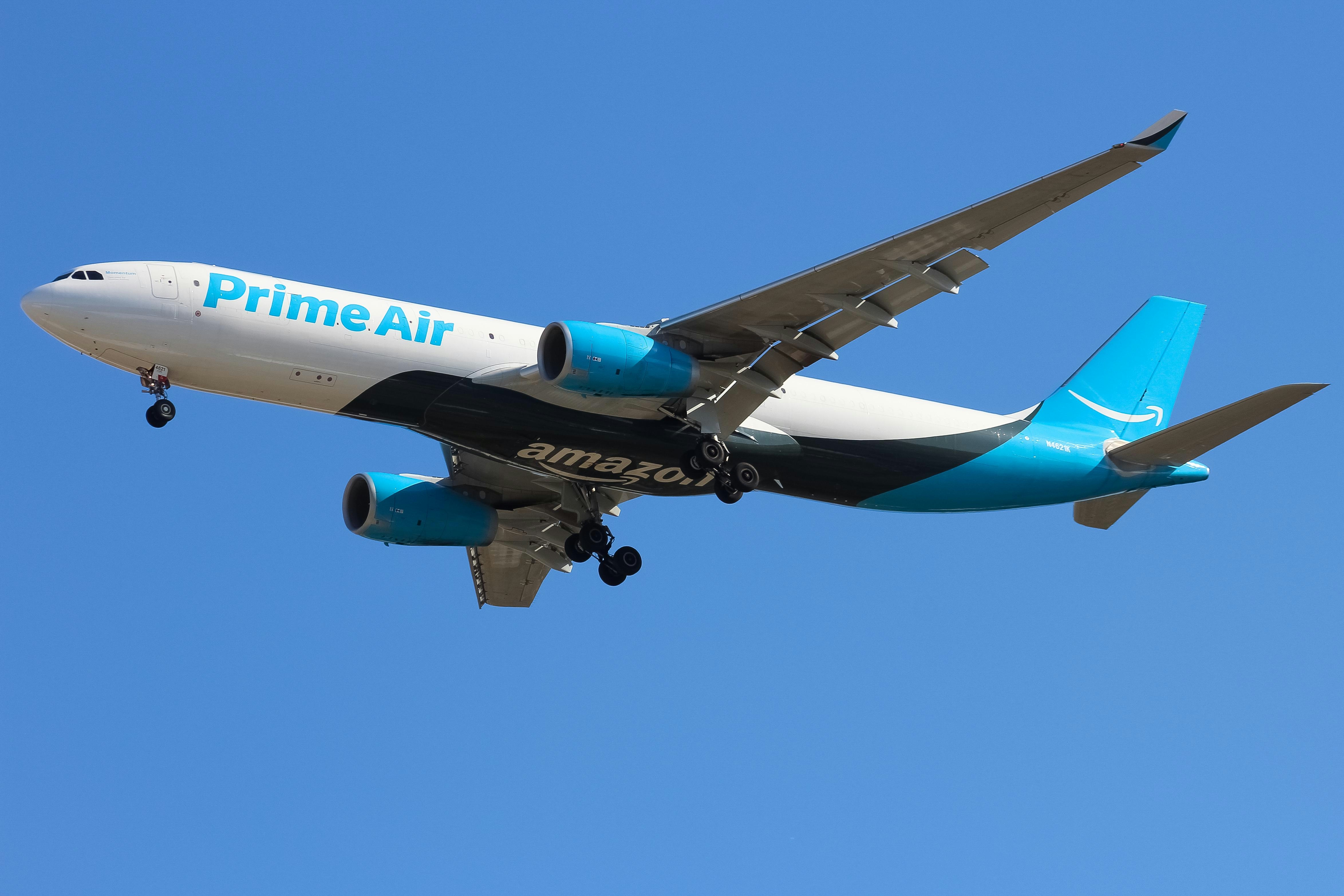
Amazon Prime Air Airbus A330 Makes Emergency Landing in Cincinnati After Bird Strike Causes Engine Fire
